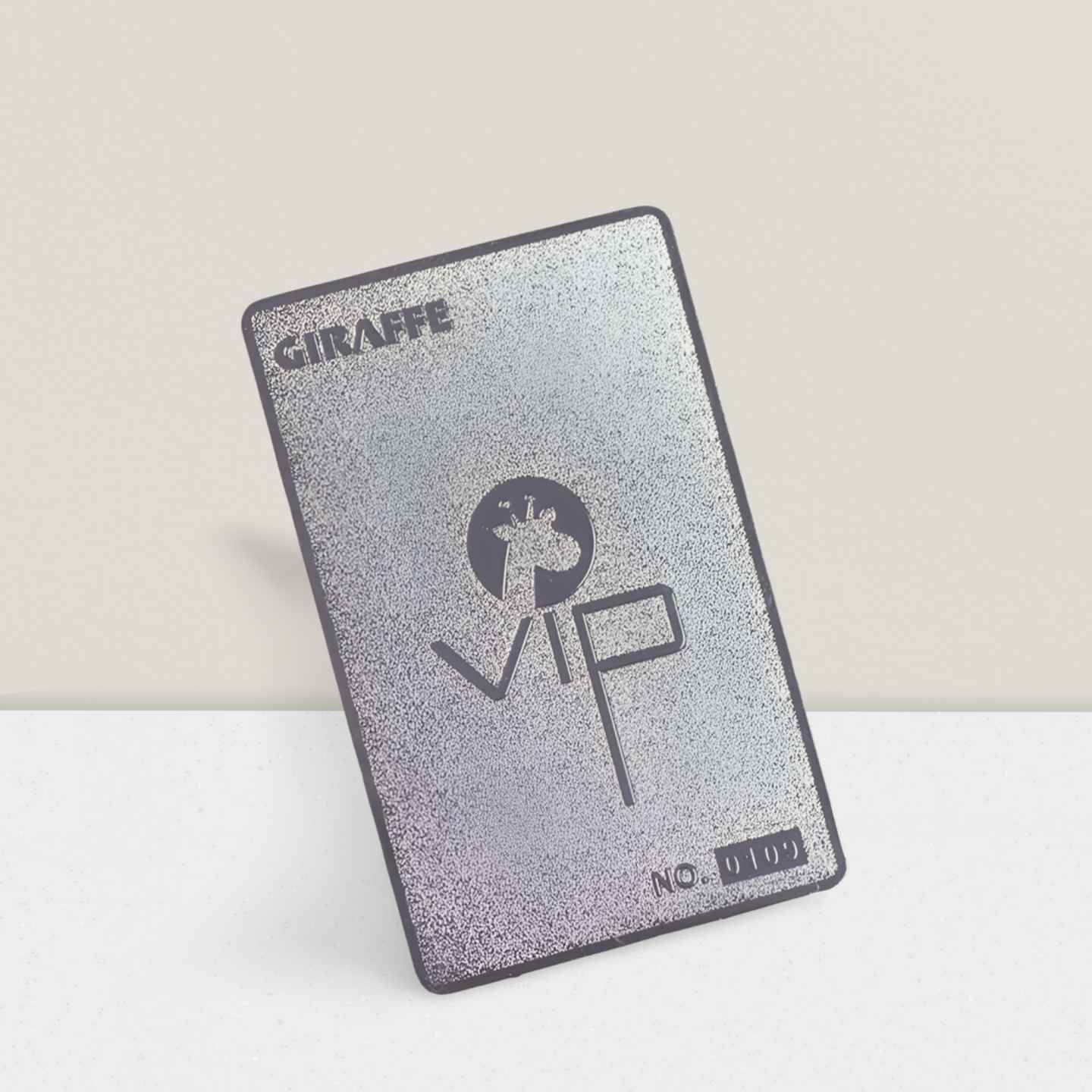Is your hospital's bed shortage affecting patient care? Is your clinical and engineering staff wasting time looking for beds?
Because of the physical size of most hospitals, it is frequently difficult to determine where beds are located. RFID tag has been shown to improve availability, efficiency, and utilization by tracking the location of beds, patient trolleys, and cots. It also reduces the amount of time that staff spends looking for a specific bed.
So, if you're still not convinced, here are the top ten reasons why you should track your hospital beds (as well as patient trolleys and cots):
1. Increase utilization
With acute bed shortages in the majority of NHS Trusts, making the best use of existing beds must be a top priority. RFID tracking technology can help any bed management system by providing visibility that is impossible to achieve with manual systems. It can assist in identifying bottlenecks, such as when beds have been waiting too long for repairs or cleaning and are thus unavailable.
2. Locate beds for maintenance and repair as soon as possible.
Clinical engineers frequently walk for miles and spend hours searching for equipment that needs to be serviced or repaired. Being able to easily locate beds means having more time to focus on core tasks. This improves bed uptime, increases availability, and often avoids the need to hire in additional beds to meet demand, which helps to reduce costs.
3. Recognize and report faulty beds
RFID tracking allows for the identification and rapid location of specific beds. If a faulty bed is reported, it is easier to identify and replace it to avoid failure while it is in use. An RFID system can also help ensure that the correct beds are replaced when they reach the end of their useful lives by capturing additional data such as the age of the bed.
4. Locate those specialized beds.
Finding a specialist bed on a large hospital campus can be time-consuming and difficult. With only a few bariatric, ultra-low, or spinal beds available, some patients must be temporarily placed in less suitable beds, which can waste staff resources or negatively impact patient comfort or safety. Using the incorrect bed can cause equipment damage, such as when a bariatric patient is placed in a regular bed that is not designed to support their weight.
5. Take charge of rented beds
It is surprisingly common for hospitals to'mislay' hired beds, which can result in large bills from the rental company. RFID tracking can assist in identifying and locating those that are no longer required in order to avoid late return fees or unnecessary hire charges. Tracking hired beds can also ensure that the number of beds you pay for are present, which a number of trusts have discovered is not always the case when using RFID technology.
6. Ensure that your contractors are doing an excellent job.
If you hire a service contractor to clean or maintain your beds, RFID tracking can help you monitor performance to ensure repair times are met or cleaning processes are completed thoroughly. One hospital in England that used RFID discovered that beds spent only 1.5 minutes on average in the area where they were being cleaned, despite the fact that the process should take 7 minutes.
7. Enhance infection control
In the event of an infection outbreak, knowing where a specific bed has been can help the infection control team quickly isolate and decontaminate it before further spread occurs. Another advantage of being able to identify contaminated beds without having to touch them is that it can help with infection control.
8. Minimize damage
An RFID system can help with incident reporting by providing a solid audit trail of device locations. It records device locations and highlights areas of damage. This aids in cross-charging repair costs and identifying training requirements. A Trust was experiencing regular damage to medical devices, which cost £1,600 each. They used RFID to determine which areas had been damaged, and training was implemented to reduce future damage.
9. Ensure conformity
Beds fall under the MHRA recommendation as a medical device, which means clinical engineering teams must ensure there are systems in place to record the current location of each bed. RFID simplifies and speeds up the auditing process, allowing for more frequent inventory checks. Accurate records also aid in ensuring that beds are properly maintained and that the Health and Safety Executive's requirements are met.
10. Gather high-quality data to aid in strategic decision-making.
The data collected by tracking beds aids in making cost-effective, evidence-based strategic decisions. This can include deciding whether to keep existing assets or retire them based on their maintenance history. Good quality utilisation data can also aid in forecasting expected demand in order to make a compelling case for replacement funding, or in prioritizing actions such as repairs to ensure that sufficient suitable beds are available for patient care.
255.jpg)
DO RFID tag manufacturer produce various NFC tags. The ntag215 NFC tags are small, inexpensive and portable, it with a tiny ntag215 chip and antenna operate at 13.56 MHz.
More >>
Best Metal business card with qr code can be used in various industries and applications. For instance, hotels can add QR codes on their keycards that direct guests to a website where they can make changes to their reservation.
More >>